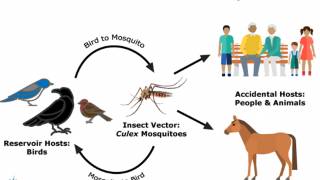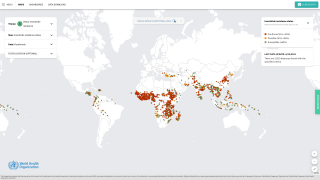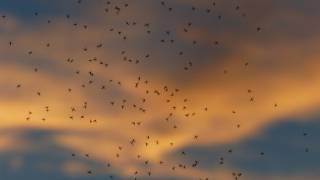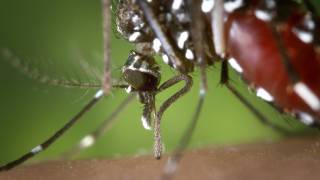West Nile Virus Reported in Chicago, But Don’t Blame Mosquitoes
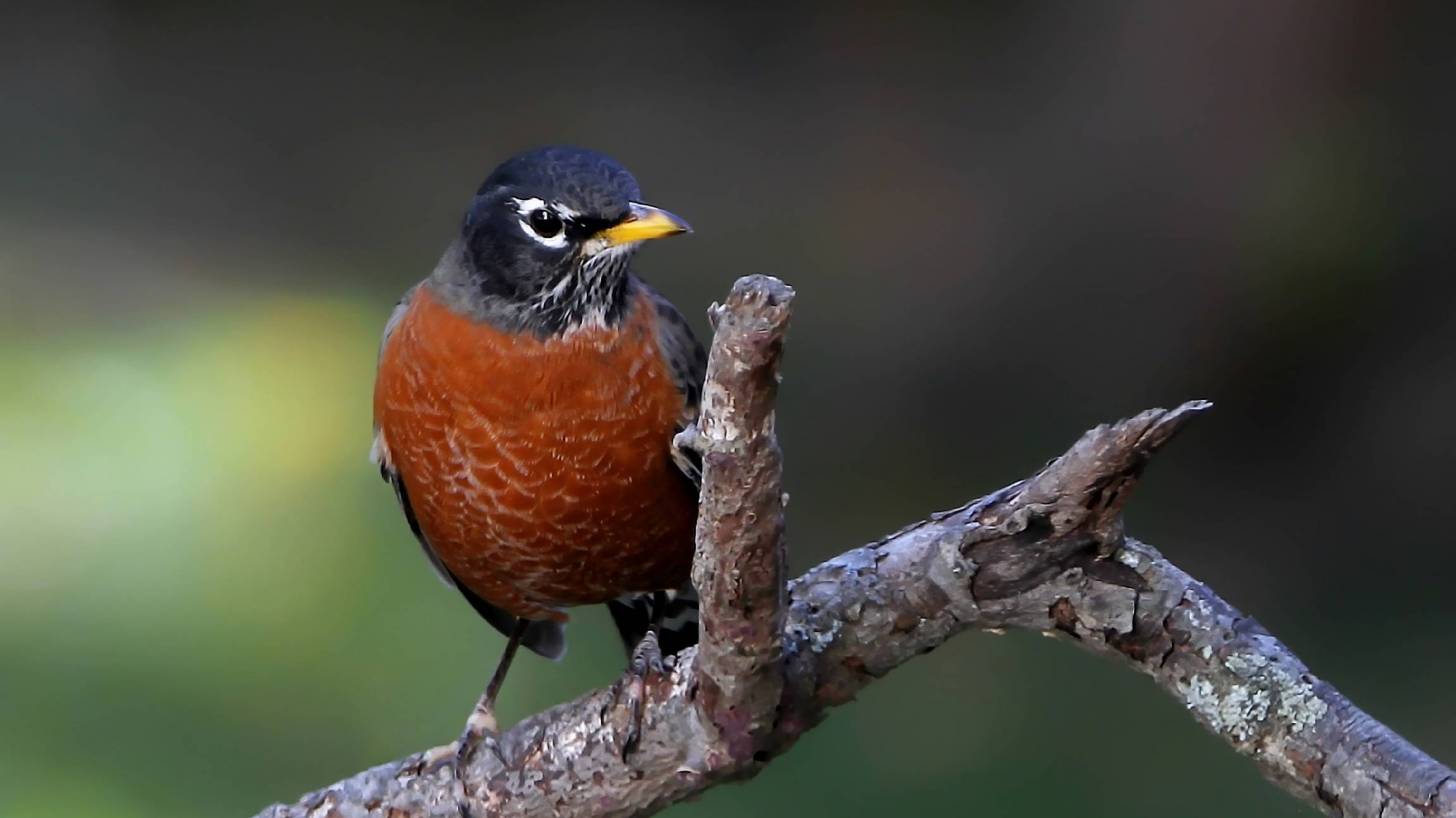
The Illinois Department of Public Health (IDPH) confirmed the first mosquitoes to test positive for West Nile virus in Illinois during 2018.
West Nile virus is transmitted to humans through the bite of a Culex pipiens mosquito.
But, previous research found that Culex pipiens predominantly feed on avian hosts, such as American robins, gray catbirds, and house sparrows.
Which means the birds are the primary source of West Nile Virus.
As of June 1, 2018, no human cases of West Nile virus (WNV) have been reported in Chicago, said the IDPH in a press release.
During 2017, Illinois counties (63) reported WNV positive cases, including 90 human cases, and 8 deaths.
Additionally, 46 other states and the District of Columbia reported 2,002 West Nile cases to the CDC during 2017.
Of these WNV cases, 67 percent were classified as neuroinvasive diseases, such as meningitis or encephalitis.
The case fatality rate in patients with neuroinvasive illness ranges from 4 to 14 percent, and up to 15–29 percent in patients over 70 years old.
There are no vaccines to prevent or medications to treat WNV, says the Centers for Disease Control and Prevention (CDC).
IDPH Director Nirav D. Shah, M.D., J.D., said “Although we see West Nile virus in Illinois every year, don’t become complacent. It’s easy to take precautions to protect yourself by wearing insect repellent and getting rid of standing water around your home.”
Four out of five people infected with West Nile virus will not show any symptoms, which include fever, nausea, headache and muscle aches. Symptoms may last from a few days to a few weeks.
The health risk appears to be very low that a woman infected with West Nile virus during pregnancy, will transmit the virus to her fetus or newborn, reports the CDC.
About 1 out of 150 infected people develop a serious, sometimes fatal, illness, such as meningitis or encephalitis.
“Over the past decades, storms have empowered the spreading of neglected tropical diseases, such as West Nile,” said Peter Jay Hotez, M.D., Ph.D., from the Baylor College of Medicine.
West Nile first emerged in the USA along the Gulf Coast of Texas during 2002.
During 2014, Houston, Texas, reported 139 WNV cases and 2 deaths were reported by the CDC.
The best way to protect yourself is by preventing mosquito bites, says the CDC.
Our Trust Standards: Medical Advisory Committee



